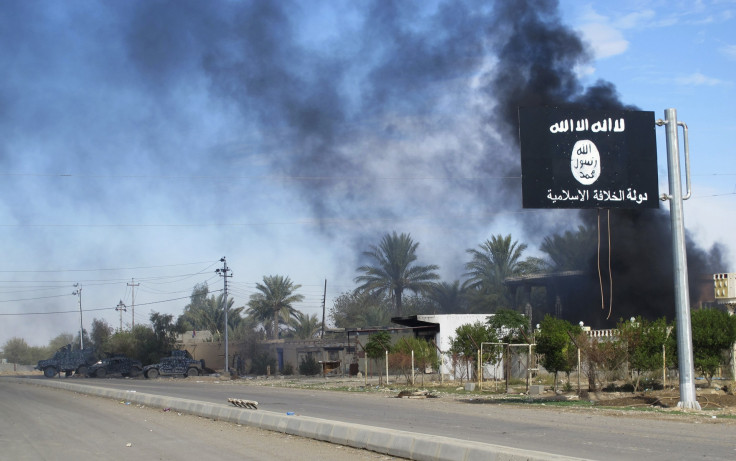Islamic State Recruitment: ISIS Seeks Fighters From Caucasus, Central Asia and Indonesia

The Islamic State group is looking at the Caucasus, Central Asia and Indonesia as new territories for recruitment, according to a new report by the Egyptian House of Fatwa, the country’s leading Islamic authority. ISIS, as the militant group is also known, will soon shift its focus to those regions in an effort to attract more followers, the report predicted, the Russian news agency RIA Novosti reported Thursday.
“The group is changing its recruitment strategies,” the report stated, explaining that the Islamic State group was not necessarily trying to establish a caliphate, which it declared in July 2014 in the parts of Iraq and Syria under its control, in those areas. Rather, it was simply seeking more supporters. Those insights further confirm a previously recognized trend.
Militants from areas outside Iraq and Syria are known to have joined the Islamic State group there. Although the majority of the group’s foreign fighters come from other countries in the Middle East and North Africa, many others have traveled from Eastern Europe, Australia, Indonesia, the Philippines and Somalia, among other countries, the Atlantic reported in March.
Social media plays a key role in the Islamic State group’s recruitment strategy, allowing it to reach and build relationships with would-be jihadis and supporters in distant countries. The group has put its digital fluency and diverse linguistic skills to work in attracting these potential recruits.
The exact breakdown of fighters from each country remains unclear. Russia has stated that more than 1,000 of its citizens have traveled to Syria to fight for the group. Other estimates put the number of citizens from the former Soviet states of the Northern Caucasus in the thousands. More than 400 Chechens have reportedly been killed in Syria and Iraq while fighting for the Islamic State group. At least 200 Indonesians and at least 150 from Malaysia have joined the group, the Los Angeles Times reported Saturday.
"I think there's some evidence that there's enough of a support base [in Indonesia] that if they got the green light from ISIS — which they haven't yet — they could quite quickly set up a structure of ISIS here," Sidney Jones, director of the Institute for the Policy Analysis of Conflict in Jakarta, told the LA Times. "It would be tiny and there would be lots of opposition, but it raises concerns [that they might] follow other kinds of orders from ISIS, which could include violence."
No longer do recruits from Indonesia necessarily hail from militant backgrounds, Jones added. Instead, “we're seeing people from middle-class groups, people from professional organizations, other kinds of people being attracted to the idea that this is a place where Islamic law is being applied in its purest form," she said.
It is this key difference that the Islamic State group may be aiming to exploit, the Egyptian report noted. Muslims in the targeted countries who could become converts may not necessarily be familiar with the group's ideology.
The Egyptian House of Fatwa has previously launched campaigns against the Islamic State group that range from correcting perceptions of Islam that have been distorted by the militant group, to urging media outlets to use the term al Qaeda Separatists in Iraq and the Levant, or QSIL, to describe it.
© Copyright IBTimes 2025. All rights reserved.






















